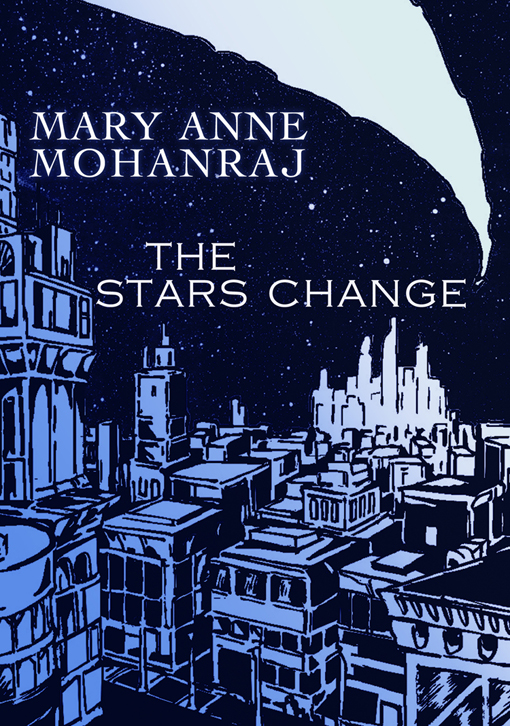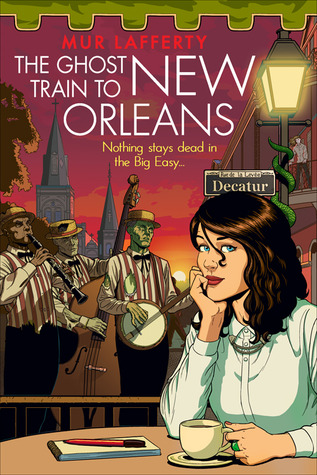Top 10 Episodes and Blog Posts for March 2014

No introductions needed. Here goes. Top Episodes: #17 — Babylon 5 Re-Watch (S1D4: Eps. 13-16) — A Shoot the WISB Subcast w/ Jamie Wyman & Erika Ensign 195. Sons of Steel (1988): A Torture Cinema “Adventure” w/ Danny Oz 116. Season of the Witch — A Torture Cinema “Adventure” Episode 96 — An Interview w/ Sherwood Smith (a.k.a. Scribbles and Cream) Episode 4.2 — Torture Cinema Meets The Wicker Man 190. Transformers 2: Revenge of the Fallen (2009): A Torture Cinema “Adventure” #16 — Godzilla (1954) — A Shoot the WISB Discussion 193. New Zealander Speculative Fiction w/ Helen Lowe, Norman Cates, & Stephen Minchin #15 — Babylon 5 Re-Watch (S1D3: Eps. 9-12) — A Shoot the WISB Discussion #10 — Babylon 5 Re-Watch (S1D1: Eps. 1-4) — A Shoot the WISB Discussion Top Blog Posts: Mining the Genre Asteroid: The Saga of Pliocene Exile by Julian May (by Paul Weimer) My Superpower: Marianne de Pierres The Disquieting Guest — The Sublime Terror of Kaiju by David Annandale My Superpower: Steve McHugh Business Time: Self-publishing vendors and ‘royalties’ by Mike Underwood For Your Hugo Award Consideration: A Very Big, Non-Endorsement List of Things to Love by Shaun Duke Book Review: Debris by Jo Anderton (by Paul Weimer) A (World) SFF Film Odyssey: Mutant Girls Squad (2010) and Anime’s Excesses by Shaun Duke Cultural Tourists (Part 1): Publishing and Representation by Charles A. Tan The Masks the Monsters Left Behind by Romeo Kennedy (Guest Post)
A Note on Hugo Awards and The Stars Change by Mary Anne Mohanraj

Today is the deadline for Hugo Award nominations. If you haven’t voted yet, get your ballot filled out right now! We are, of course, eligible in the Best Fancast and Best Fanzine categories, along with a lot of other wonderful folks. So…vote! In the interest of ballot-related things, I’d like to draw your attention to Mary Anne Mohanraj’s The Stars Change, which we talked about briefly in an upcoming episode recorded at ICFA this year (along w/ Cecilia Tan). I knew I wouldn’t be able to get the episode up in time for folks to listen to it pre-ballot-deadline, so I promised to write a little post about the book. In short, it’s an intriguing work, and our discussion covered such interesting topics as sexuality, Sri Lankan politics, and more. If anything, this post should serve as a reminder that it is, in fact, eligible this year. Here are some details about the book, which is published by Circlet Press:
My Superpower: Marianne de Pierres

My Superpower is a regular guest column on the Skiffy and Fanty blog where authors and creators tell us about one weird skill, neat trick, highly specialized cybernetic upgrade, or other superpower they have, and how it helped (or hindered!) their creative process as they built their project. Today we welcome Marianne de Pierres to talk about how the power of resisting organization relates to Peacemaker. ——————————– So here’s the thing: I have an uncanny and deep-seated ability to resist being organised. It’s quite the talent. I mean I’ve written nearly twenty novels, raised three sons and worked at various day jobs. It’s hard to know how it was at all possible really, because the moment someone says, “Oh, you can manage that, no problem, you just need to be well organised”, a veil descends across my mind and my limbs become heavy. I begin to daydream and can find endless distractions in odd and obscure time-gobbling pursuits; my junk drawer needs sorting, the car needs a vacuum, I simply must read this article about prescriptivism versus descriptivism in linguistics, all the twitter feeds of people I don’t know, and my favourite advertising-riddled celebrity gossip blogs.
Business Time: Self-publishing vendors and ‘royalties’

One of my pet peeves as a publishing professional: the author’s 70% share on KDP is not a ‘royalty.’ It’s the author-publisher’s share. Royalties are paid when rights are taken by a publisher and that content is then sold through vendors. KDP isn’t licensing rights and creating an end-product to sell, it’s just selling end-product. The use of the term ‘royalty’ muddles the reality of the relationship between an author and the vendor. Self-publishing is a solid path to publication now, but let’s be clear what KDP, Nook Press and other vendors are: vendors. When you’re a publisher, you come to terms with vendors – how they’ll sell your product, what discount they get (which then informs their margin), whether they can return the product, and so on. Signing a KDP/Nook Press/etc. deal is signing with a vendor. The thing is that KDP and other vendors that court self-publishers hold a vast amount of power compared to individual small business of self-publishers, so those vendors feel empowered to dictate terms, and are unlikely to negotiate those terms. These vendors depend on volume of sales across a range of agreements rather than on securing a distribution agreement with any specific author (though I imagine they might care more about signing up each new Hugh Howey or Sylvia Day book, or the like).
Mining the Genre Asteroid: The King of Elfland’s Daughter by Lord Dunsany

A council of the people petition the King for a ‘magic lord’ to rule over them. Not a wise thing, what this parliament of craftsmen ask. No indeed! But rather than deny them their request, the lord of Erl is bound to grant it, following tradition immemorial. He sends his son Alveric to Faery to get himself a Faery bride. And so Alveric begins a grand quest to win and keep as his bride the King of Elfland’s Daughter. Getting his bride to be, as Alveric and the people of Erl will find out, is the simplest part of the whole venture. Dealing with the consequences of an unhappy bride, and the infusion of magic into Erl, are much bigger problems for them to face…
My Superpower: Mur Lafferty

My Superpower is a regular guest column on the Skiffy and Fanty blog where authors and creators tell us about one weird skill, neat trick, highly specialized cybernetic upgrade, or other superpower they have, and how it helped (or hindered!) their creative process as they built their project. Today we welcome Mur Lafferty to talk about how the power of giving nicknames relates (not quite) to The Ghost Train to New Orleans. ——————————————— My super power is dormant; I haven’t used it for years. Like most powers, I didn’t realize I had it until the power had gotten out of control. I have the power to give people nicknames that stick. I started with myself — totally unintentionally. My name wasn’t Mur when I went to college; it was just a pet name my parents called me. But there was another woman named Mary in our suite of eight, so I decided since very few people knew me, I could start introducing myself as Mur. It worked. Now only my aunts, bankers, and doctors call me Mary. Everyone else calls me Mur.

